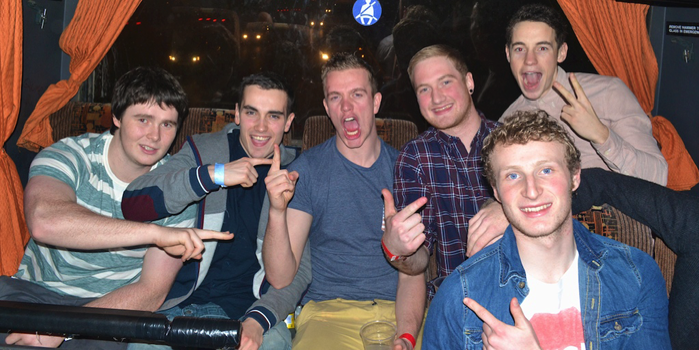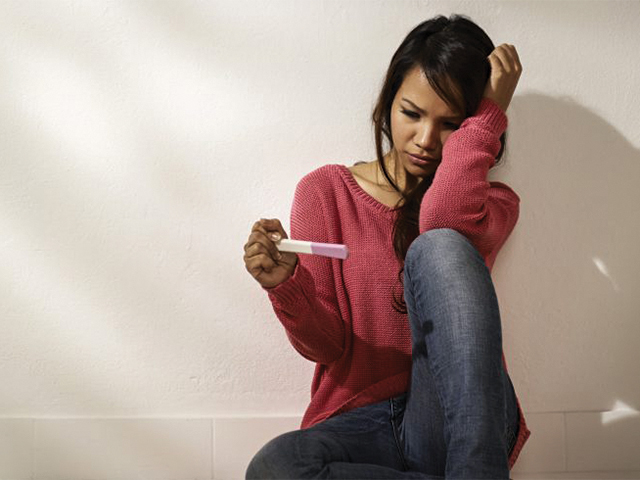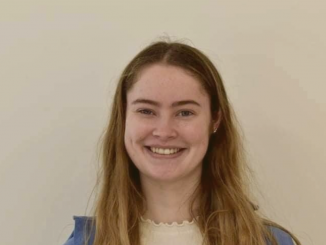
[dropcap]L[/dropcap]ast week Ireland hobbled its way further into the twenty first century with the state passing legislation that will leave formal religious instructions such as the First Holy Communion and Confirmation outside of school hours.
Although I welcome the government’s measures into trying to make Ireland a more secular state, it begs the greater question of whether the church belongs in the classroom at all. As the percentage of Catholics continues to decline, it seems strange that the number of Catholic schools does not seem to follow suit.
This does not mean that I believe parents shouldn’t bring their children up in the same faith, in fact it’s the exact opposite. If one is passionate about one’s religious beliefs then I think they should be invested in their child’s upbringing within their church instead of leaving it to the second class teacher. It will lead to a closer bond with parent and child as both experience their faith together.
Furthermore, the involvement of schools in formal religious instructions leaves out non Catholics from partaking in these activities. Teachers and anyone who can look back to their times in second and sixth class know how the First Confession, the First Holy Communion and the Confirmation dominate the classroom, with the teachers running around like headless chickens trying to ensure that everything is prepared for the approaching deadline.
Also, this leaves non-Catholic children sat at the back of the Church on one of the last pews as they watch their fellow classmates practice another rendition of “My Shepard is The Lord”. One could argue that if someone doesn’t want to their child to sit through Catholic teachings they shouldn’t send their child to a Catholic school. Which is a fair enough argument, if Catholic schools didn’t make up over 90 per cent of primary schools in the country. Non-Catholic parents are usually left with no choice but to enroll their child.
It’s not just the pupils that benefit from the church’s loosening grip of Ireland’s education system but also the teachers. Throughout the country many of the parish priests sit on a panel that decides on which teacher is to be employed. A priest’s position on this panel is purely to ensure that a potential teacher is capable of teaching the Catholic faith to their pupils. The priest has a standing influence on who is to be employed and can use this influence to possibly discriminate against teachers on the grounds of not having a Catholic faith. A teacher’s qualities and capabilities should not be measured on how often they attend mass.
Finally, I believe that religion can be a wonderful thing that enriches people’s lives and has the potential to be of incredible support to the individual and the community. However this does not mean that religion has any place within our education system and as Ireland continues to grow more secular and multicultural, it’s only a matter of time until a church’s teachings is exactly where it belongs, in the church.
Aoibhin Mary Bryant
Image by A Pilgrims Progress



